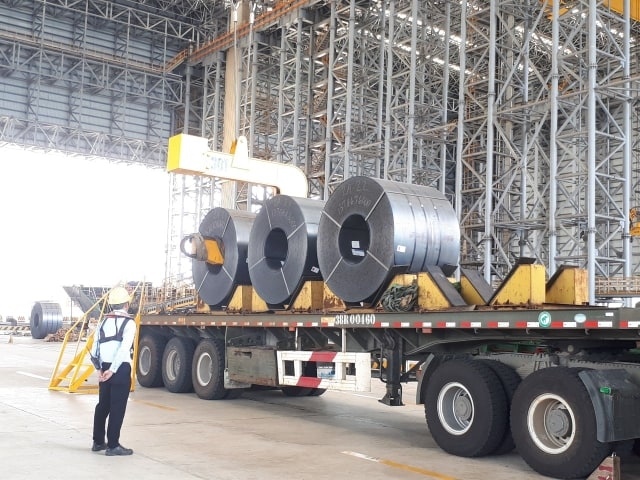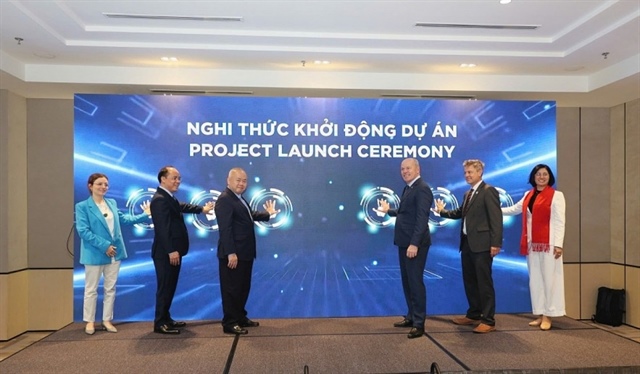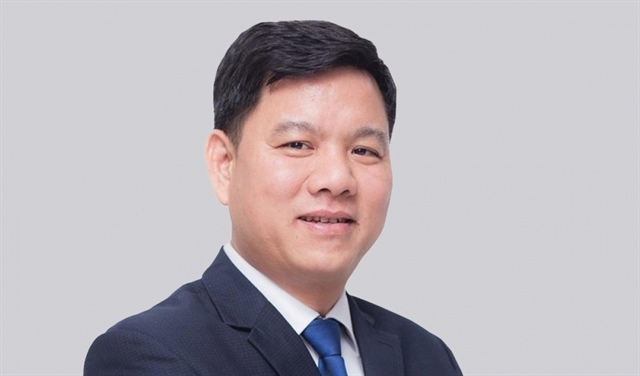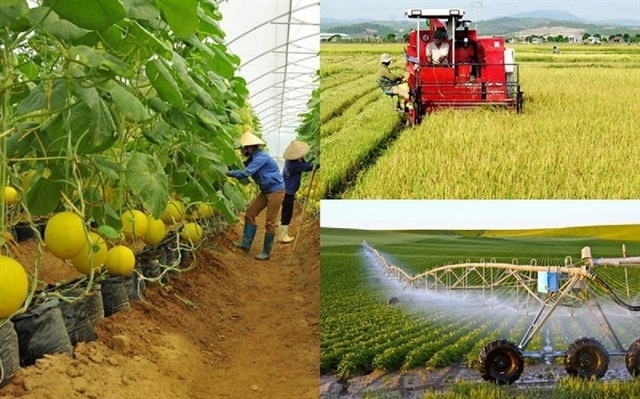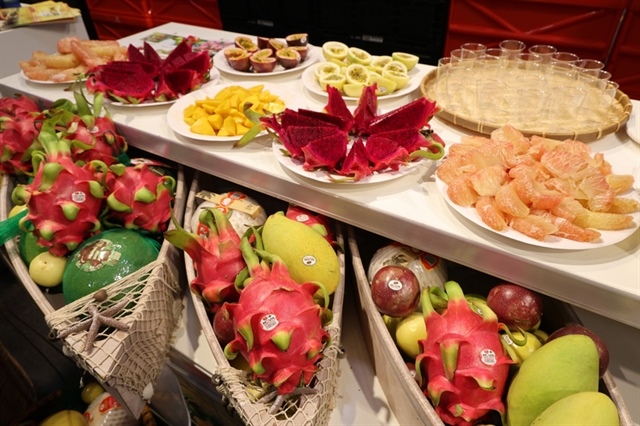Exporters fear they may lose markets ‘cause of anti-dumping lawsuits
Exporters fear they may lose markets ‘cause of anti-dumping lawsuits
The Competition Administration Department (CAD) has reported to the Ministry of Industry and Trade (MOIT) that it is analyzing Thai and Indonesian petitions to apply anti-dumping measures against Vietnam’s steel exports to the markets.

Indonesia has raised a lawsuit against the cold rolled sheet and galvanized steel sheet imports from Vietnam. Meanwhile, Thailand has sent a letter to the Vietnam Steel Association, warning about a possible lawsuit to be raised to protect the steel manufacturers in the country.
As such, the warnings about the installation of non-tariff barriers to prevent steel products from Vietnam to enter South East Asian countries have nearly come true.
The warnings have come true
In September 2012, South Korean Posco Group, which has a cold rolled steel mill (1.2 million tons a year) and a cold rolled stainless steel mill (235,000 tons a year) sent a letter to Vietnamese competent agencies, suggesting applying the non-tariff barriers to prevent the steel products from other markets.
Vietnamese steel manufacturers have seen their products selling very slowly due to the oversupply. Meanwhile, the domestic products have to compete fiercely with the imports which enjoy the low import tariff of five percent.
At that time, Posco gave a warning that other ASEAN countries including Indonesia, Thailand have installed the non-tariff barriers to prevent steel products from Vietnam.
However, Vietnam still had not done any thing until it heard that Indonesia’s KPPI decided to undertake a trade safeguard investigation against the cold rolled steel products imported from Vietnam and other four countries.
Meanwhile, the Thai Association of galvanized metal and coating color has sent a letter, warning about the possibility of a lawsuit against the sharp increase of Vietnam’s galvanized steel exports to the market.
In the former case, Posco, which has the highest amount of steel exports to the market, would be the main target of the plaintiff. Meanwhile, in the latter one, Ton Hoa Sen is believed to have the biggest related benefits.
Posco was once the defendant in the lawsuit raised by the US association of tube steel manufacturers in 2012. However, Posco and Hong Nguyen, the second defendant in the lawsuit, successfully proved that it did not dump in the US. Therefore, it still can export steel products to the US at the zero percent anti-dumping tax rate. Meanwhile, the defendants from other countries in the same lawsuit have been charged the anti-dumping tax rate of 28 percent.
Vietnam fears it may lose export markets
Indonesia is clearly a smaller market than the US, while it remains a new market for Posco and some other small manufacturers. Therefore, analysts believe that the lawsuit would not seriously affect the manufacturers’ production.
However, Nguyen Tien Nghi, Deputy Chair of the Vietnam Steel Association, said it always is very costly to develop a new market. Therefore, if Posco and other manufacturers lose the market, this would be bad news for them.
Sources have said that KPPI does not intend to make compromise with the exporters, and that it would be not easy to obtain such a good result like the one occurred with the lawsuit in the US market.
KPPI has imposed the high anti-dumping tax rate of 36.6 percent on the structural cold rolled steel imported from Vietnam and some other countries, which has make it stuck to bring the products to the market.
vietnamnet


